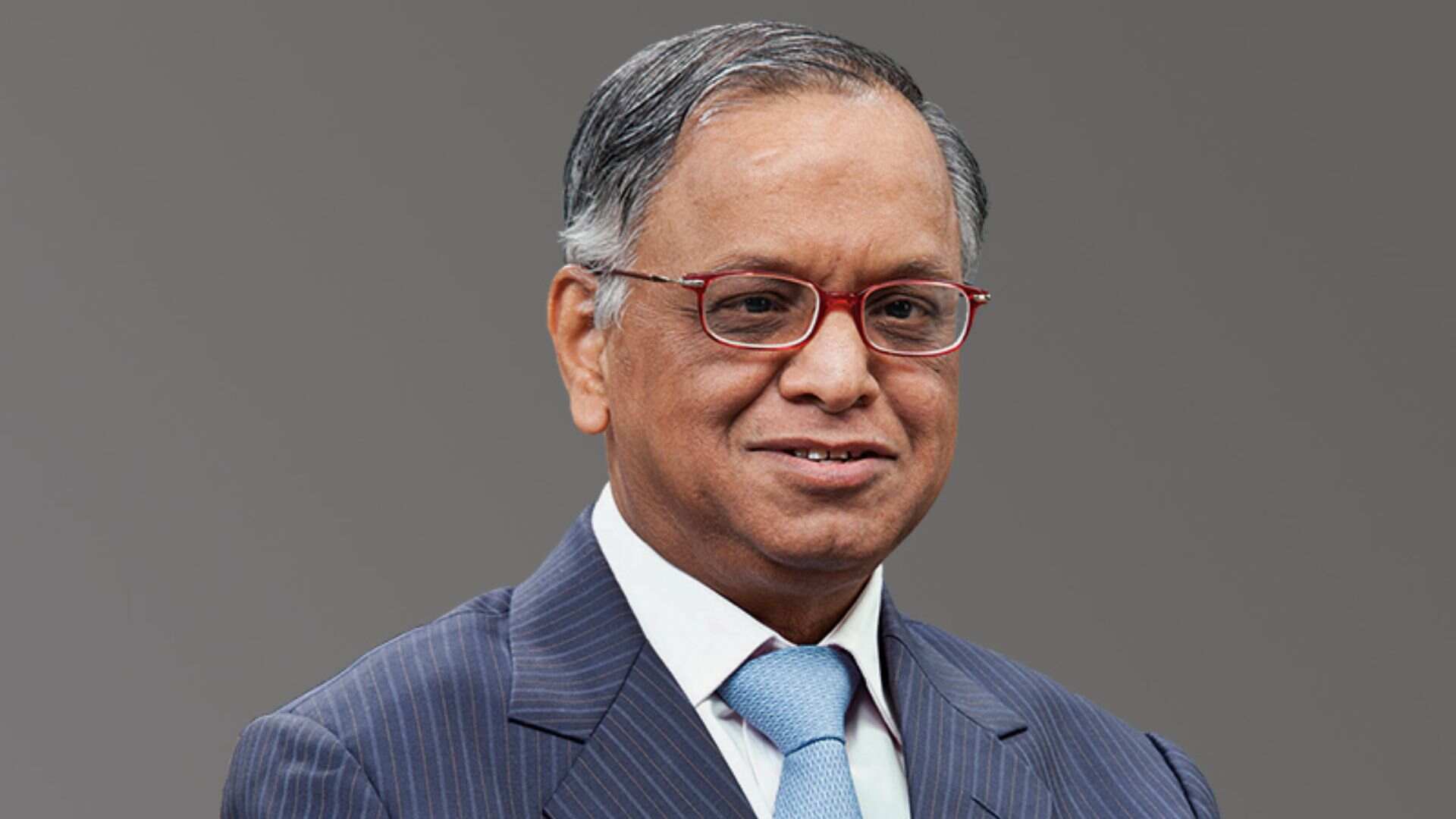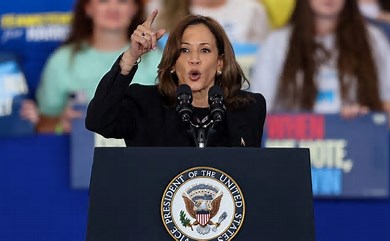
Infosys’ NR Narayana Murthy and S ‘Kris’ Gopalakrishnan have called on the incoming government to prioritize fostering entrepreneurship, which they believe will lead to job creation, wealth generation, and higher tax revenue.
“They (entrepreneurs) convert an idea into jobs for people, into wealth for themselves and their investors…”
The founder and co-founder of Infosys, NR Narayana Murthy and S ‘Kris’ Gopalakrishnan, have urged the next government in New Delhi to implement policies that support entrepreneurship. They argue that this support will result in job creation, wealth generation, and increased tax revenue. With less than a month before the new government takes office, they have highlighted the importance of encouraging entrepreneurs to help address poverty issues in the country.
ET quoted Narayana Murthy as saying, “They (entrepreneurs) convert an idea into jobs for people, into wealth for themselves and their investors, and into taxes for the country. Therefore, it is desirable that all public governance systems completely remove any hassle for entrepreneurs so that they can accelerate creation of jobs and wealth, and payment of taxes to the government. That is the ideal thing for a developing country.” He emphasized that no country has successfully tackled poverty without promoting entrepreneurship and urged the new government to fully embrace “compassionate capitalism” while allowing entrepreneurs to operate freely.
Gopalakrishnan emphasized the need for increased public and private investment in research and the importance of simplifying processes for startups. He suggested that the new government should focus on easing the process of doing business and improving the quality of life for ordinary citizens. Murthy added that while lawbreakers should face severe consequences, the majority of honest and law-abiding individuals should be allowed to progress quickly, creating jobs and paying taxes, which will benefit the country and future generations.
Kris Gopalakrishnan also urged the newly elected government to address the long-standing issue of angel tax on startup investments. “We have been talking about it (angel tax) for many years. And I still get income-tax notices asking me at what valuation I invested. So, these things must be looked at,” he said. “As Murthy said, we make the rules for the 5% of people who cheat the system, or who game the system.” Narayana Murthy agreed with Gopalakrishnan’s perspective, acknowledging that a small fraction of people will always try to game the system in any country.
In their roles at the Infosys Science Foundation, Gopalakrishnan and Murthy have advocated for policies that encourage private companies to donate equity shares to leading research institutions. Gopalakrishnan stressed that government support would boost these institutions’ confidence in accepting such donations. He highlighted the lack of investment committees or proper mechanisms in many institutions to handle equity share donations. Gopalakrishnan believes that government backing would streamline and clarify the process, which currently relies on the initiative of individuals and boards. Murthy expressed his support for the idea, stating, “As long as there is a very clear process for accepting, holding and managing equities donated by any well-wisher, why not?” He shared his own experience of attempting to donate Infosys shares to IIT Kanpur and his wife’s effort to donate to IISc around 1995. However, the regulations at that time only permitted cash donations. Murthy noted that Infosys shares have since grown by more than 768 times, emphasizing the potential impact of such donations. Gopalakrishnan acknowledged that regulations have undergone significant changes since their initial attempts to donate equity shares in the mid-1990s.
According to Murthy, the disposable income of individuals appears to be increasing. He observed that in his middle-class neighborhood in Bengaluru, numerous new establishments, including affordable food outlets, have emerged in recent years. “I see a lot of people selling fruits and vegetables at street corners. What this means is the disposable income of the middle class and lower middle classes has increased,” he said. Murthy emphasized that his observations stem from his own middle-class and lower middle-class residential area. He believes that these observations serve as reliable indicators of an improving economy and increased disposable income among the middle and lower-middle classes.















